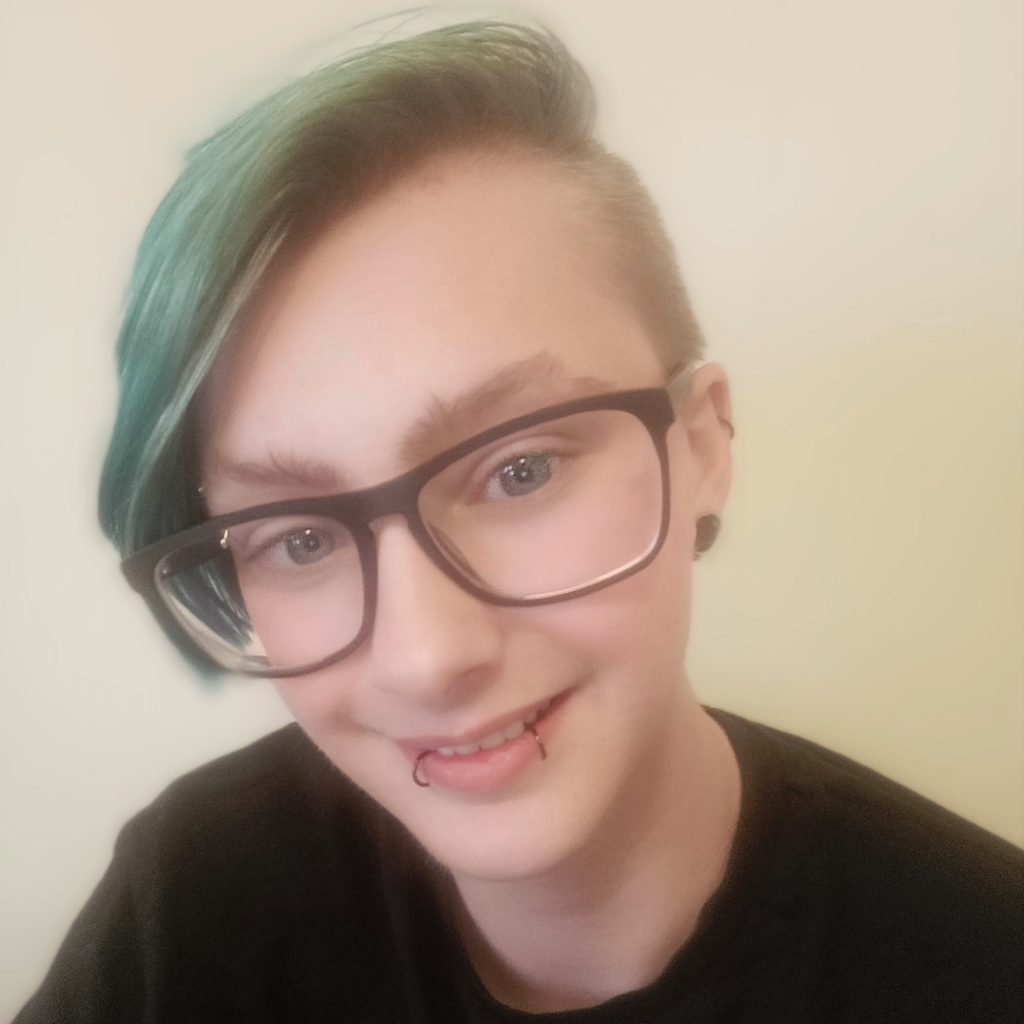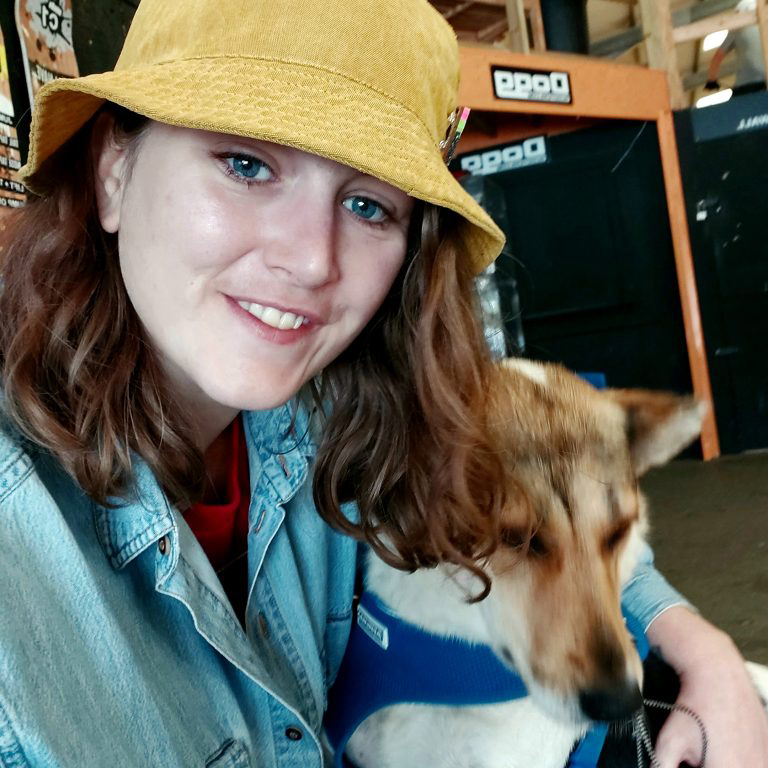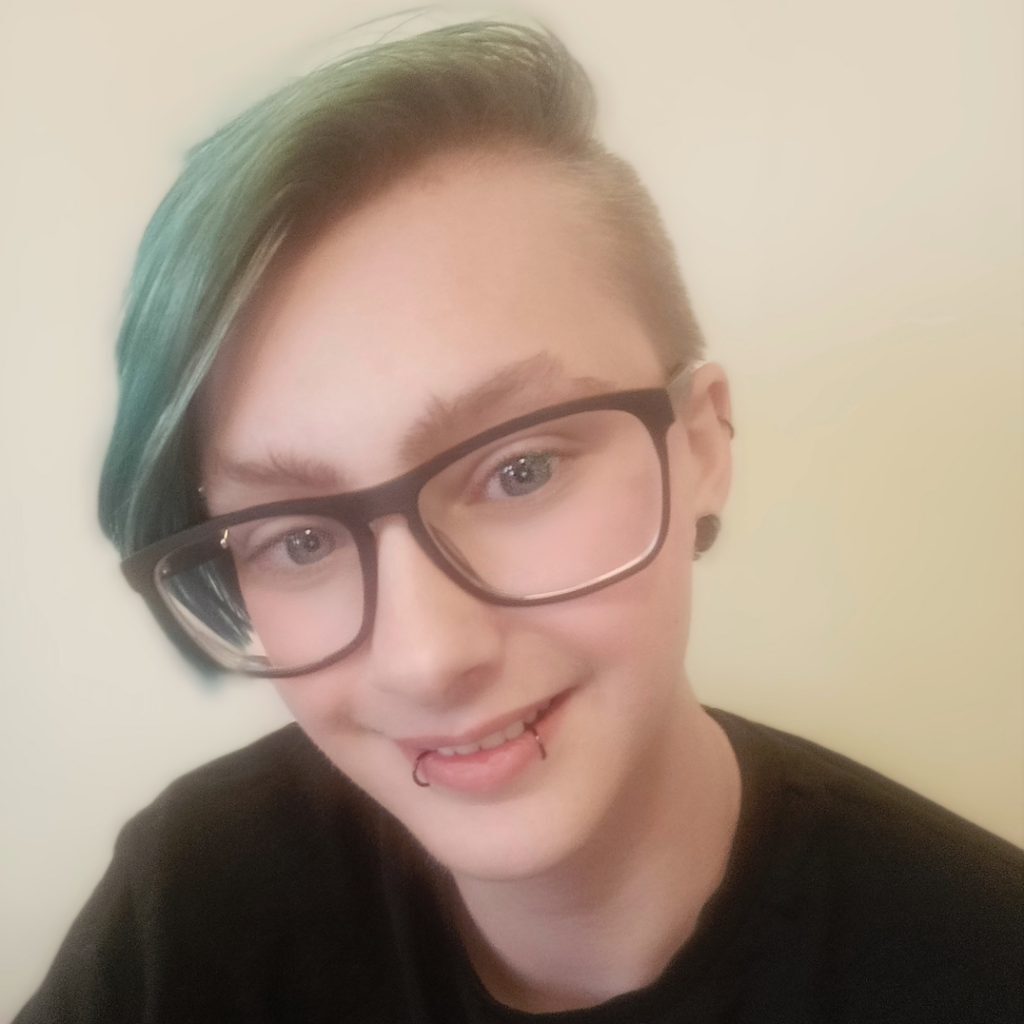Medical cannabis patients spoke about the barriers preventing people from accessing a legal prescription, to kick off Medical Cannabis Awareness Week.
Led by the patient advocacy group, PLEA (Patient-Led Engagement for Access), Medical Cannabis Awareness Week takes place from 1-7 November to mark three years since the legalisation of medical cannabis in 2018.
It brings together patients, doctors, supporters and stakeholders across the sector to raise awareness of the plea for fair access to medical cannabis. Three years on still only three NHS prescriptions have been issued.
In the first event of the week, patients and members of PLEA, highlighted the myriad of barriers preventing others from accessing a prescription.
Patients and stigma
As well as the obvious cost of private healthcare, they revealed the lack of awareness of medical cannabis among doctors and other authorities and the stigma still experienced by many patients.
Charlotte Finn, who has fibromyalgia, has been able to come off opioid medication and no longer needs to use a wheelchair thanks to her cannabis prescription.
But she revealed that doctors “had no idea” what she was talking about when she told them she was thinking of accessing a prescription.
“It’s not widely known among GPs and NHS consultants, everyone who I have spoken to about it has had no idea about the private clinics or Project Twenty21,” she said.
Charlotte also admitted that she had experienced stigma from friends and family and has had to convince them of the benefits of medical cannabis.
“I’ve had people not want to be my friend anymore because I’ve opened up about my medication,” she added.
“I’ve had to convince my family of its benefits and that it was going to help me and obviously now that they’ve seen the effects and how much better I’ve been, they’re all on board but until then there was a feeling that I was doing something wrong.”
Noel Brown, 50, a patient with Parkinson’s disease, spoke about the added stigma facing black male patients.
“As a black male stop and search is really prevalent, especially in the Midlands, he said. “Unless you really know your rights and can prove why you are carrying it, it can be quite precarious. We get searched weekly by the police. There is definitely a stereotype.”

LGBT patients
Meanwhile, as a young patient, 21-year-old Lex Wolfe, said people often held misconceptions about why they used cannabis.
“A lot of people don’t believe me when I say I’m a patient and that I’m using it for medical reasons. A lot of the time people just think I’d like to get high. I don’t see as many older patients getting those same issues,” they said.
Lex also highlighted the less talked about barriers facing the LGBT community. While transgender and non-gender-conforming patients could stand to benefit greatly from a medical cannabis prescription, many are put off by the potential knock-on effects and the consequences of telling their clinicians.
“I know plenty of trans people that would qualify for a private prescription, but one of the main ways reasons they’ve not gone out and accessed one is because nobody can tell you how that will affect a medical transition if you’re planning on gender reassignment surgery or even HRT in the future,” said Lex. “The whole trans healthcare thing is a different discussion. Trans people spend years being in pain or having severe anxiety that could be fixed with a prescription that people are not getting.”
Abby Hughes, chair of PLEA and hosting the panel blamed this stigma on a “lack of education” and an “unfair system”.
“Another one of the barriers is that people don’t know that they can get a prescription. They don’t know that the law has changed,” she said.
“It’s not just patients who don’t know that, it’s the doctors. There’s a real lack of education around the endocannabinoid system.”

“Unsustainable” costs for patients
A poll of those attending the event found that more than half (56 per cent) of those who don’t already have a prescription said this was due to the ongoing cost being “unsustainable”.
However, David McKenzie, a patient living with multiple sclerosis (MS), highlighted that the costs are coming down gradually, as the industry grows.
There are now thought to be upwards of 7,000 patients with a legal prescription in the UK.
“The more people who get a prescription, the lower the costs will become. I am by no means privileged or rich but I just prioritise paying for my meds because I know how profoundly life-changing having a prescription is.”
So, where will we be in another three years?
David feels positive about the future and believes things are improving for patients.
“My experience from my first prescription to now is that things are definitely improving and I can only see that getting better going forward,” he said.
Abby also thinks we’ll have seen progress with NHS registries by then, more case studies being published and hopefully real-world evidence being considered by regulators.
While Noel would like to see more awareness to overcome stigma, as we’ve seen with mental health throughout the pandemic.
“Just like in the last two years there has been a push for awareness to tackle the stigma of living with mental health issues, I’d like to see the same movement when it comes to medical cannabis,” he added.
“I want to see documentaries, people talking about it and having thought-provoking conversations and maybe then the stigma will dissipate.”
Watch the full webinar and find out more about all the events taking place during Medical Cannabis Awareness Week here
The post Medical cannabis patients highlight major barriers to access in UK appeared first on Cannabis Health News.


